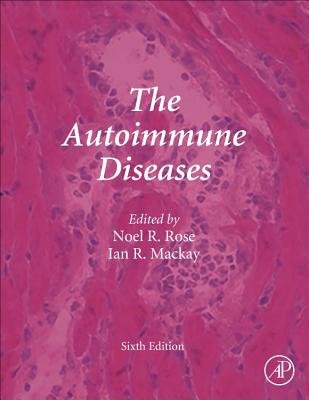Mhc Class-I Loss and Cancer Immune Escape
暫譯: Mhc Class-I 喪失與癌症免疫逃逸
Garrido, Federico
- 出版商: Springer
- 出版日期: 2019-06-12
- 售價: $6,250
- 貴賓價: 9.5 折 $5,938
- 語言: 英文
- 頁數: 101
- 裝訂: Hardcover - also called cloth, retail trade, or trade
- ISBN: 3030178633
- ISBN-13: 9783030178635
海外代購書籍(需單獨結帳)
相關主題
商品描述
This book is about the escape strategies used by cancer cells to avoid the immune response of the host. The main characters of this story are the "Antigen Presenting Molecules" and the "T Lymphocytes". The former are known as the Major Histocompatibility Complex (MHC): the H-2 and the HLA molecules. The latter are a subgroup of white cells travelling all over our body which are capable to distinguish between "self and non self".
Readers will know from the inside about the history of the HLA genetic system and will discover how T lymphocytes recognize and destroy cancer cells. One of the key important questions is: Why tumors arise, develop and metastasize? This book tries to answer this question and will explain how cancer cells become invisible to killer T lymphocytes. The loss of the HLA molecules is a major player in this tumor escape mechanism.
Cancer immunotherapy is aimed at stimulating T lymphocytes to destroy tumor cells. However, the clinical response rate is not as high as expected. The molecular mechanisms responsible for MHC/HLA antigen loss play a crucial role in this resistance to immunotherapy. This immune escape mechanism will be discussed in different types of tumors: lung, prostate, bladder and breast...ect. as well as melanoma and lymphoma.
This book will be useful to Oncologists, Pathologists and Immunologist that will enter this fascinating area of research. It will be also interesting for biologist, doctoral students and medical residents interested in "Tumor Immunology".
商品描述(中文翻譯)
這本書探討癌細胞用來逃避宿主免疫反應的策略。故事的主要角色是「抗原呈現分子」和「T 淋巴細胞」。前者被稱為主要組織相容性複合體(Major Histocompatibility Complex, MHC):H-2 和 HLA 分子。後者是一群遍布全身的白血球,能夠區分「自我與非自我」。
讀者將深入了解 HLA 基因系統的歷史,並發現 T 淋巴細胞如何識別並摧毀癌細胞。這裡有一個關鍵問題:為什麼腫瘤會產生、發展並轉移?這本書試圖回答這個問題,並解釋癌細胞如何對殺手 T 淋巴細胞變得隱形。HLA 分子的喪失是這一腫瘤逃逸機制中的主要因素。
癌症免疫療法旨在刺激 T 淋巴細胞摧毀腫瘤細胞。然而,臨床反應率並不像預期的那麼高。導致 MHC/HLA 抗原喪失的分子機制在這種對免疫療法的抵抗中扮演著關鍵角色。這種免疫逃逸機制將在不同類型的腫瘤中進行討論:肺癌、前列腺癌、膀胱癌和乳腺癌等,以及黑色素瘤和淋巴瘤。
這本書將對腫瘤科醫生、病理學家和免疫學家進入這個迷人的研究領域非常有用。對於對「腫瘤免疫學」感興趣的生物學家、博士生和醫學住院醫師來說,這本書也將是有趣的。
作者簡介
作者簡介(中文翻譯)
費德里科·加里多教授是西班牙格拉納達大學醫學院的免疫學教授,並擔任格拉納達的聖母雪醫院臨床分析與免疫學系主任。加里多教授於1974年在格拉納達大學獲得醫學博士(MD)和哲學博士(PhD)學位後,前往倫敦醫院醫學學院的希利亞德·費斯滕斯坦博士實驗室擔任博士後研究員,研究主要集中在MHC(H-2)系統的免疫基因學,通過對小鼠腫瘤細胞進行H-2表達分型進行調查。1981年返回格拉納達後,他繼續研究人類腫瘤組織的HLA分型。加里多教授的研究重點是腫瘤中HLA抗原的表達及這些分子在腫瘤逃避免疫系統中的作用。































